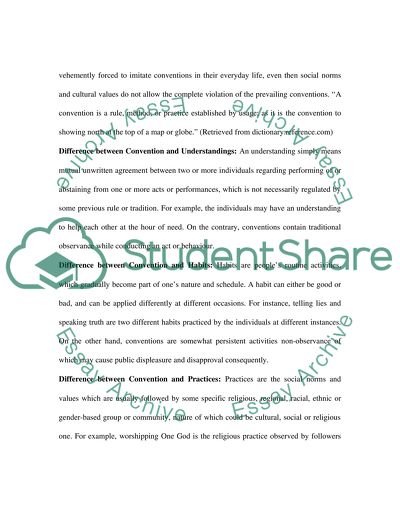Cite this document
(Australia Constitution vs the UK Constitution Essay, n.d.)
Australia Constitution vs the UK Constitution Essay. Retrieved from https://studentshare.org/law/1560886-how-can-constitutional-conventions-be-distinguished-from-understandings-habits-practices-laws-what-if-any-advantages-accrue-from-some-form-of-codification-of-conventions-discuss-and-compare-the-constitution-of-the-united-kingdom-with-the-cons
Australia Constitution vs the UK Constitution Essay. Retrieved from https://studentshare.org/law/1560886-how-can-constitutional-conventions-be-distinguished-from-understandings-habits-practices-laws-what-if-any-advantages-accrue-from-some-form-of-codification-of-conventions-discuss-and-compare-the-constitution-of-the-united-kingdom-with-the-cons
(Australia Constitution Vs the UK Constitution Essay)
Australia Constitution Vs the UK Constitution Essay. https://studentshare.org/law/1560886-how-can-constitutional-conventions-be-distinguished-from-understandings-habits-practices-laws-what-if-any-advantages-accrue-from-some-form-of-codification-of-conventions-discuss-and-compare-the-constitution-of-the-united-kingdom-with-the-cons.
Australia Constitution Vs the UK Constitution Essay. https://studentshare.org/law/1560886-how-can-constitutional-conventions-be-distinguished-from-understandings-habits-practices-laws-what-if-any-advantages-accrue-from-some-form-of-codification-of-conventions-discuss-and-compare-the-constitution-of-the-united-kingdom-with-the-cons.
“Australia Constitution Vs the UK Constitution Essay”. https://studentshare.org/law/1560886-how-can-constitutional-conventions-be-distinguished-from-understandings-habits-practices-laws-what-if-any-advantages-accrue-from-some-form-of-codification-of-conventions-discuss-and-compare-the-constitution-of-the-united-kingdom-with-the-cons.


